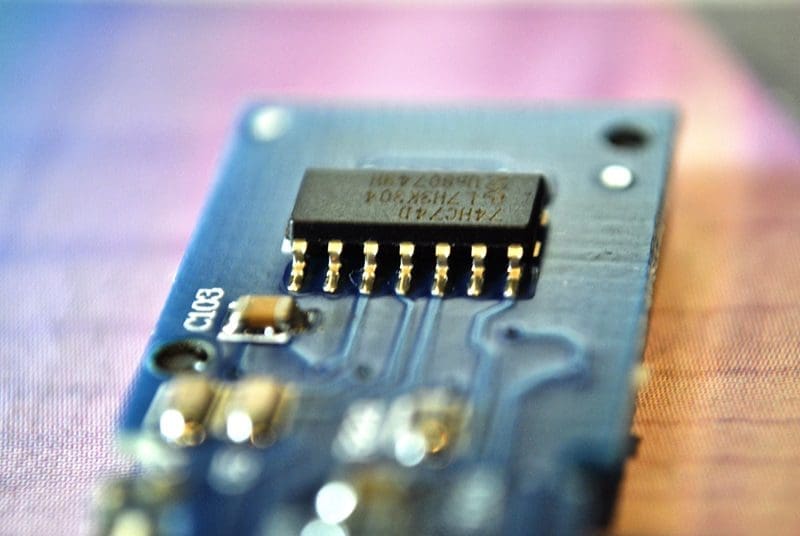The internet of things (IoT) is most simply described as interconnected electronic devices that can share data with one another, as well as be controlled remotely by other devices. While this is a very simple definition of a complex topic, it does cover the basic function of IoT. There's a huge amount of discussion online about how this emerging technology can affect everything from economics to medicine. But how could it work in manufacturing?
What does it do?
IoT is often referred to as the Internet of Everything, because it many ways, that's what this technology is moving towards. No longer relegated to science fiction, these web-enabled devices can gather, process and send data between them, but they can also act on data they receive. Maybe your coffee machine is linked to the alarm that gets you out of bed. Perhaps your car can tell your house that you are nearly home, and so the lights are already on and the newest Game of Thrones episode is waiting for you when you walk through the door. Many of these devices are programmable, but a surprising number can do their job with no human instruction – all of this made possible by the same technology development that gave you your smart phone.

How is it being used already?
IoT can revolutionise even the most mundane of activities – things you never thought you needed to improve. Case in point; answering your door. There are actually a few different products on the market that make this much easier for you. By creating a doorbell that features a high-definition camera complete with night-vision, a microphone, speaker and an accompanying mobile app, developers have created a fairly robust security measure by allowing you to answer the door with your phone.
How could it work in industrial weighing?
When it comes to IoT applications, we're only really limited by our imaginations. In terms of manufacturing (where IoT takes on the moniker of Industrial Internet of Things) there are number of ways this could benefit businesses. Because these machines can report in real time, there would be a live data stream of all aspects of production, allowing for alerts to sound if something is to go awry. Likewise, measuring equipment could immediately report the need for calibration. With a constant data stream you accurately measure every conceivable variable in your operation to maximise productivity. It's also possible you could share measurement data with SRO in order to have them diagnose equipment issues.
In the meantime, you can contact SRO technology for all your industrial weighing needs.



Recent Comments